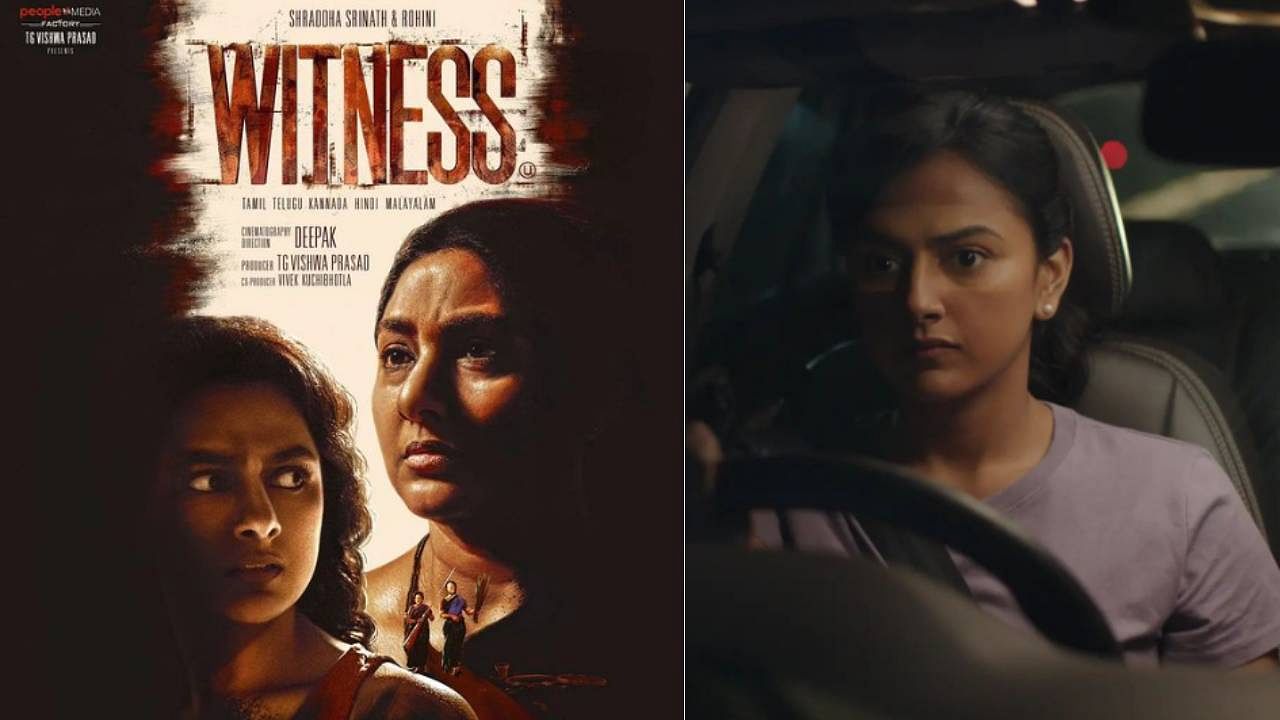
Witness
Tamil (SonyLiv)
Director: Deepak
Cast: Shraddha Srinath, Rohini, Shanmugarajan, Thamizaharasan
Rating: 3.5/5
We are aware of the atrocities that come with caste and the construct of labour division based on it. Yet, we do not really question the very core of these faulty structures and thereby become passive perpetrators in furthering caste discrimination.
Witness is a timely film which blatantly reminds us that despite being ‘witness’ to a lot of carnages, we remain indifferent in our attitudes.
The story is about Indrani (played by Rohini) and her son, Parthiban (Thamizharasan), who reside in the commuter belt of Semminchery. Indrani works as a sweeper and manages to fund her son’s education and his passion for swimming. The simple yet peaceful living of the two is disrupted when Parthiban doesn’t return home and Indrani learns of his unreasoned death.
The film brings out the politics of caste and how a certain section of the population belonging to a particular caste is assumed to depend on menial jobs. Witness argues that manual scavenging is still practised in India irrespective of the strict laws that advise against it.
The larger part of the movie is invested in setting up a courtroom drama. The arguments appear serious and urge the audience to contemplate the harsh but inevitable reality. The movie also targets two significant aspects, ‘privilege’ and ‘passing the buck’.
Parvathy (played by Shraddha Srinath) becomes a representative of someone who is oblivious to the plight of people like Indrani and Parthiban. Parvathy is sympathetic towards
them and is angry about the whole situation. However, before the big realisation, her uninformed mind results in bold but callous reactions.
The movie also discusses the unorganised functioning of the working sectors. The blame game of one authority over the other, and the corruption that seeps in when third-party ‘private’ organisations procure government tenders are swiftly elaborated using the phrase, ‘passing the buck’.
The film doesn't conclude in a conventional manner. Instead, it ends on a punitive note, indicating how the situation will get worse in time if we do not rectify our social fabric.